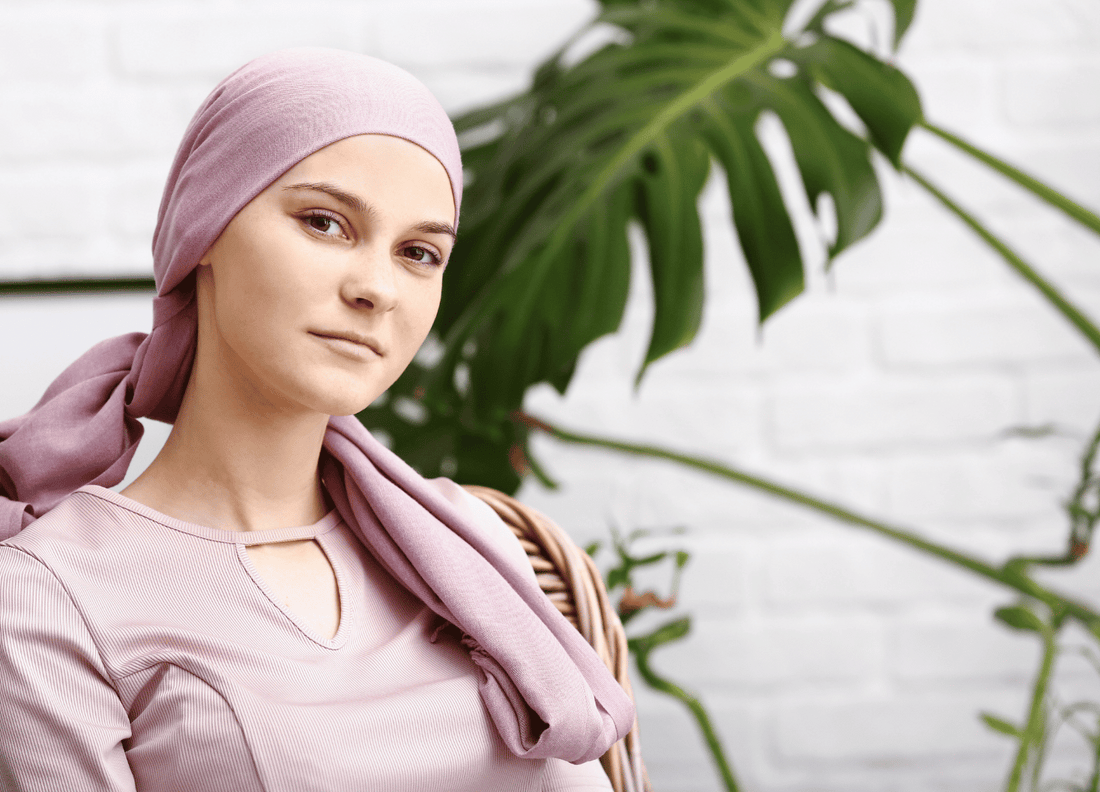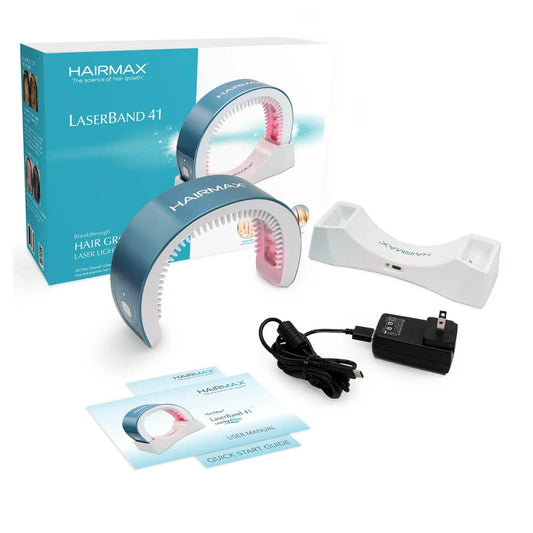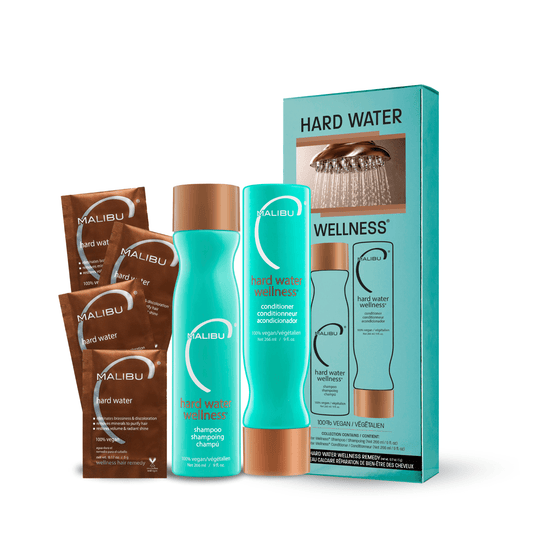
From Bald to Beautiful: Nurturing Your Hair During and After Chemotherapy
Share
Cancer treatment, while life-saving, can bring about significant changes in a person's life, including the loss of hair. Hair loss is a common side effect of chemotherapy, and it can be emotionally challenging for those undergoing treatment. However, there are steps you can take to maintain hair health during and after chemotherapy. In this blog post, we'll explore these steps and provide guidance for nurturing your hair through the process.
Understanding Chemotherapy-Induced Hair Loss
Chemotherapy is a powerful treatment that targets rapidly dividing cells, which include not only cancer cells but also healthy cells, such as those in the hair follicles. As a result, many individuals undergoing chemotherapy experience hair loss.

1. Gentle Hair Care: During chemotherapy, it's crucial to handle your hair with care. Use a mild, sulfate-free shampoo and conditioner to minimize irritation. Consider a wide-toothed comb to detangle hair gently, and avoid harsh brushing.
2. Scalp Protection: Protecting your scalp from sun exposure and extreme temperatures is essential. A sensitive scalp can be more prone to sunburn and discomfort, so wear a hat or scarf when outdoors, or consider a cooling cap during chemotherapy sessions to reduce the risk of hair loss.
3. Cold Cap Therapy: Cold caps or cooling caps are a treatment option that can help reduce hair loss during chemotherapy. They work by constricting blood vessels in the scalp, reducing the amount of chemotherapy that reaches the hair follicles.
4. Scalp Massage: Gentle scalp massage can improve blood flow to the scalp, potentially helping hair follicles receive more nutrients and oxygen. This simple technique may support hair growth during and after chemotherapy.
5. Nutrient-Rich Diet: A well-balanced diet is essential for overall health, including hair health. Focus on consuming foods rich in vitamins, minerals, and proteins. Consider speaking to a nutritionist to create a dietary plan tailored to your needs.
After Chemotherapy: Nurturing Regrowth

After completing chemotherapy, many individuals experience hair regrowth. This can be an exciting but sometimes challenging phase, as hair texture and growth patterns may differ from before treatment. Here's how to nurture your regrowing hair:
1. Patience: Understand that hair regrowth can take time and varies from person to person. Be patient and allow your hair to grow at its own pace.
2. Regular Trims: To achieve a more uniform look as your hair grows back, consider regular trims. This helps manage uneven lengths and encourages healthier, thicker hair.
3. Gentle Styling: Avoid using heated styling tools and harsh hair products during the regrowth phase. Opt for soft, protective hairstyles to prevent breakage.
4. Scalp Care: Maintain a healthy scalp by gently cleansing it and massaging it to promote blood circulation. This can aid in the regrowth process.
Low-level light therapy has been clinically proven and FDA Cleared to stimulate hair growth in men and women with Androgenetic alopecia, however, many people who have used Low-level light therapy after Chemotherapy, have reported good results and a boost in their self-esteem.
5. Lead a Healthy life: It would help if you practiced self-care each day. Make sure to develop habits that make you feel good about yourself. Take time to relax. Get enough sleep. If you feel strong enough, you can also start working out.
Above all else, have a balanced diet and let food rich in vitamins and minerals be your medicine. For instance, vitamin D plays an essential role in hair growth and the health of your hair follicles.
Natural products with zinc and biotin have also been advocated for hair loss treatment. You may also take dietary supplements to ensure you get essential nutrients to improve your overall health.
6. Consider Professional Advice: Consult a dermatologist or trichologist for personalized advice on hair care during and after chemotherapy. They can recommend products and treatments suited to your specific needs.
Embracing Your Hair Journey
Hair loss during and after chemotherapy is a challenging but manageable aspect of cancer treatment. By taking proactive steps to protect your hair and practicing self-care, you can nurture your hair through this journey. Remember, hair loss is a temporary phase, and many individuals experience beautiful regrowth over time. The most crucial aspect is embracing and caring for yourself throughout this process, as your well-being is your top priority.



